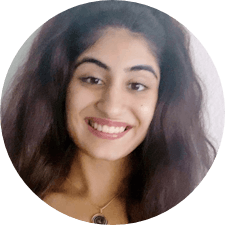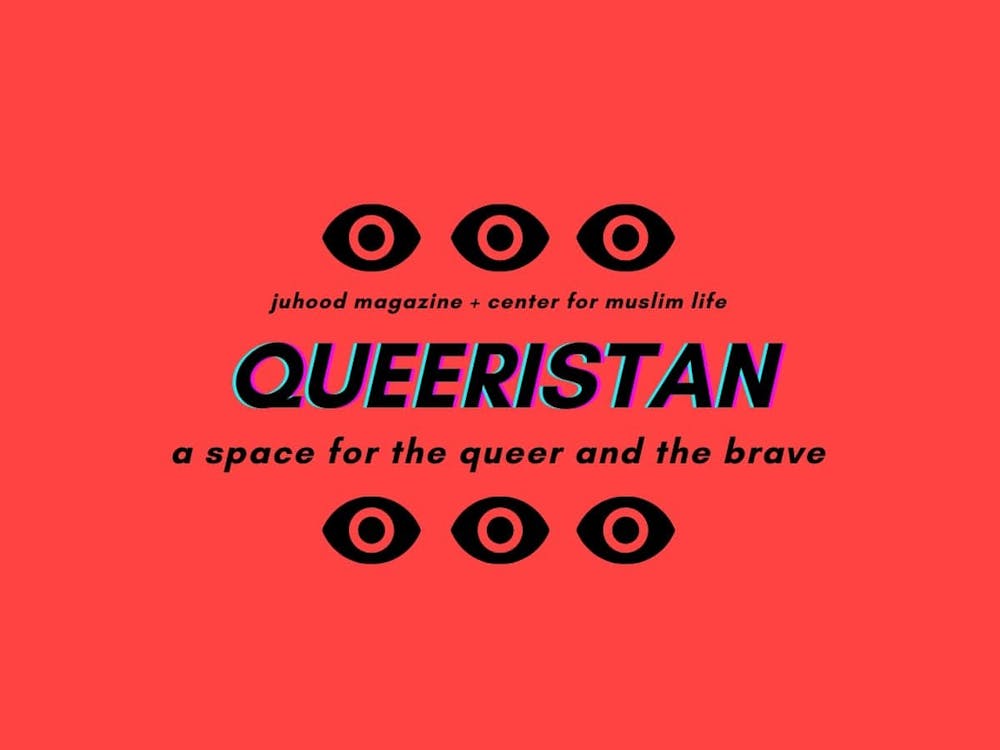Despite a pandemic that makes connection difficult, a new event series is establishing a space for queer Muslims at Duke.
Ever since becoming student development coordinator at the Center for Muslim Life in April 2019, Maryam Arain, alongside Director and Chaplain Joshua Salaam, has striven to reach out to marginalized Muslim students.
One of the groups they particularly targeted was LGBTQ+ members of the Duke Muslim community. Arain used one-on-one conversations with Muslim students in order to identify those who may desire to join the queer Muslim circle and find other Muslims like them.
However, after the onset of COVID-19, it became difficult to reach out to queer members of the community because it was harder to have organic interactions. Thus, the queer Muslim circle evolved into a public initiative hosted by Juhood Magazine—an undergraduate publication at Duke—known as the Queeristan series.
Arain said the purpose in creating such a space was to allow for students to feel welcome at the center regardless of how they engage with Islam.
“I think the greatest support and community for multiple-marginalized folks is to be in community with one another, to have each other more than anything else,” Arain said.
Sophomore Ayesham Khan, vice president of the Pakistani Students Association and Juhood
arts editor for Juhood, played a significant role in organizing the queer Muslim events. Khan first approached Arain to discuss holding Muslim poetry events featuring queer poets.
Khan says that she feels there is a lack of support for the queer community from traditionally Muslim spaces on campus.
In addition, “a lot of [queer spaces on campus] were premised on American ways of being queer … and dominated by white people,” Khan said. “It definitely felt like whatever I wanted to talk about personally, that wasn’t the right place to go.”
Khan also disliked how a lot of emphasis was placed on the trauma and lack of comaraderie faced by the LGBTQ+ community in these queer spaces.
“While oppression is a huge part of the queer experience anywhere in the world, especially if you’re a queer Muslim and from a Muslim country, I just thought that it was boring,” Khan said. “I wasn’t interested in centering our identity around that.”
To publicly start off the initiative for the fall 2020 semester, Khan contacted Scott Kugle, the author of “Homosexuality in Islam” and a professor of South Asian and Islamic studies at Emory University.
Soon after, Juhood Magazine hosted a “Homosexuality in Islam with Dr. Scott Kugle: Queeristan Series event” on Oct. 29. According to the description of the event on Juhood’s Facebook page, Kugle was “one of the first Muslims to publish widely on the issue of homosexuality and Islam.”
Sophomore Adil Malik, president of the Pakistani Students Association and civil engagement and outreach chair for the Muslim Students Association, also helped Khan with planning the Queeristan events and says he was proud of how the Homosexuality in Islam event turned out.
“Our main focus was that whenever people are addressing queer Muslims, it’s always something like ‘Hey I’m a queer Muslim, I exist,’” Malik said. “The event that we wanted to have was, ‘Yes queer Muslims exist, but it’s not only that they exist, it’s that they are accepted within Islam.’ They have existed throughout history, and they’ve been part of Islamic cultures and societies.”
Khan was also proud of the event and felt that it was empowering to see the number of people who attended and wanted to learn more.
Another event hosted as part of the Queeristan series that Khan particularly enjoyed was the screening of “My Beautiful Laundrette.” The 1985 movie is set in London during the 1980s and explores the immigrant experience alongside the queer experience. Khan says she really felt seen in that movie because it was such a nuanced portrayal of queer Muslims, queer people of color and immigrants in general.
“I find that American discourse around identity politics is just so limiting and so surface-level and so simple,” Khan said. “That movie was not only a good movie, but it really got me thinking about media portrayal of queerness and South Asian identity.”
Khan is planning to potentially host a crafts event during this fall’s reading period where students will make mixed-media self-portrait collages and discuss queer identity in an artistic way. She said she also hopes to foster dialogue with other students at other institutions.
“I want to make sure that we get new freshmen and prospective students to see that this is happening and possibly make it one of their reasons for coming to Duke,” Khan said. “We want to add what people think about when they think about queerness and what they think about queer Muslims.”
Get The Chronicle straight to your inbox
Signup for our weekly newsletter. Cancel at any time.

Ayra Charania is a Trinity junior and a senior editor of The Chronicle's 118th volume.

